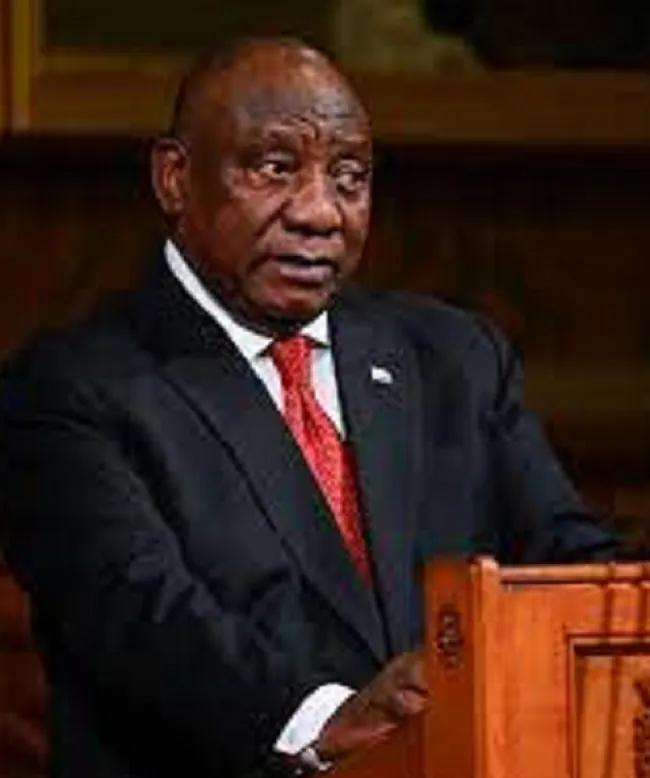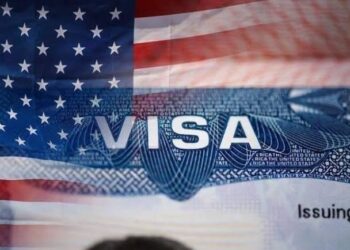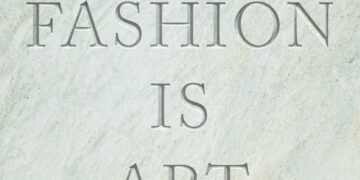South Africa’s move to hand over the G20 presidency to an empty chair shows just how strained relations with the United States have become. President Cyril Ramaphosa confirmed on Friday that Washington will not send any officials to next week’s summit in South Africa, citing claims about human rights abuses that South Africa strongly rejects. Yet, even as he criticizes the absence, Ramaphosa also emphasized the need to maintain trade and economic links with one of the country’s largest partners.
The Empty Chair at the Summit
The “empty chair” symbolically represents U.S. absence at the summit, highlighting tensions at the diplomatic level.
Ramaphosa made it clear that South Africa sees the move as largely political. The allegations from President Trump about white South Africans being targeted are widely discredited, but they have fueled a bizarre standoff ahead of the summit. By referring to the U.S. leadership as absent, Ramaphosa is sending a message: global cooperation cannot function when one of the biggest economies chooses to skip the table.

Balancing Criticism and Trade
While the symbolic gesture is pointed, Ramaphosa has not abandoned practical concerns. South Africa relies on the United States as a major trading partner. He noted that South African exports end up in the hands of American consumers, not necessarily the White House. This shows the difficult balancing act: speaking out on political issues while keeping business and trade flowing. Ignoring this could hurt ordinary South Africans who depend on the economic ties between the two countries.
Frustration Over False Claims
South African officials are increasingly frustrated with Trump’s claims about Afrikaners facing ethnic cleansing. Government representatives insist that no group is being discriminated against because of race. The empty chair, in this sense, is also a protest against what South Africa sees as misleading rhetoric that could damage diplomatic relationships unnecessarily. Analysts say this is a moment where symbolism and substance collide: the chair may be empty, but the stakes are real.
Diplomacy Despite Tension
Ramaphosa’s comments suggest that South Africa will continue to engage with the U.S., even if the relationship is tense. He acknowledged that dealing with difficult partners is sometimes necessary to protect the interests of your own people. The empty chair is a reminder that diplomacy is rarely neat. It can involve awkward situations, symbolic gestures, and real negotiation behind the scenes.
What the Summit Could Show
Next week’s summit will be closely watched for how other G20 members respond to the empty chair. Some may quietly support South Africa’s stance, while others may worry about the lack of U.S. presence.
Economists and trade experts are also keeping an eye on how this could influence agreements, deals, or discussions that depend on U.S. participation. The empty chair is more than a prop; it is a reflection of the deeper challenges facing global cooperation.
South Africa is making a clear statement about political interference, while also signaling the importance of economic ties that cannot be ignored. The symbolism is strong, but the message is even stronger: global leadership requires engagement, not absence, and South Africa is using the empty chair to highlight the consequences when one of the world’s biggest players chooses not to participate.

















